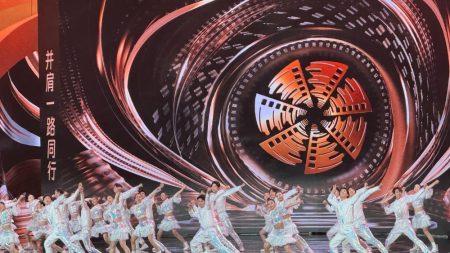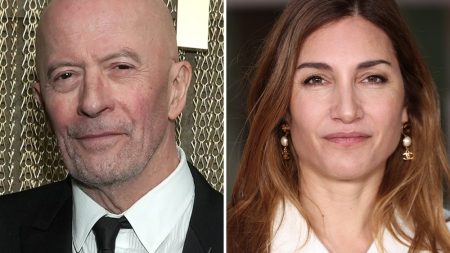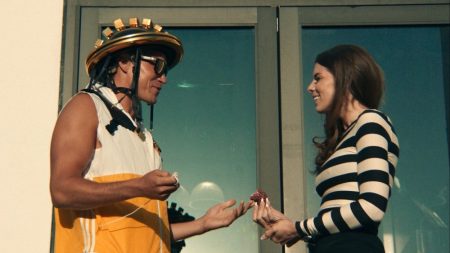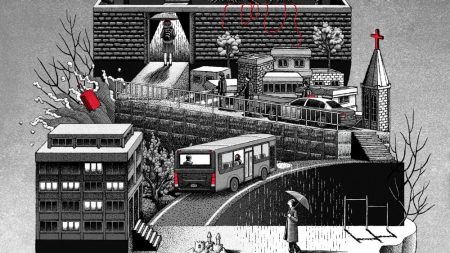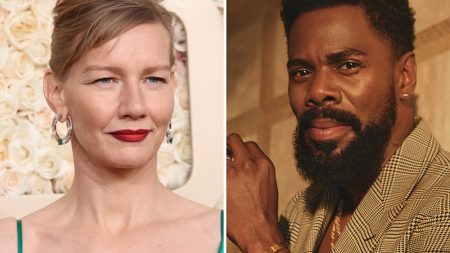The Democratic Republic of Congo in Turmoil: A Nation Plunged into Chaos
The Democratic Republic of Congo (DRC) is once again engulfed in violence as the notorious M23 rebel group, led by the controversial Sultani Makenga, wages war against the national army. The M23 rebels have made significant gains in the country’s eastern regions, capturing key towns and cities. The conflict has already claimed thousands of lives in a matter of weeks and has ignited a tense war of words between the DRC and its neighbor, Rwanda. The situation is dire, with the international community scrambling to intervene. At the heart of this crisis is the story of Sultani Makenga, a man whose life has been defined by decades of warfare, foreign intervention, and the lucrative mineral resources of the DRC.
The Rise of Sultani Makenga: A Life Defined by War
Sultani Makenga was born on Christmas Day in 1973 in the picturesque town of Masisi in eastern DRC. His parents were members of the Tutsi ethnic group, and his early life was marked by the tensions between the Tutsi and Hutu communities that would eventually erupt into one of the most horrific genocides in modern history. At the age of 17, Makenga abandoned his education to join the Rwandan Patriotic Front (RPF), a Tutsi rebel group fighting to overthrow the Hutu-dominated government in Rwanda. The RPF sought greater representation for Tutsis and the return of Tutsi refugees who had fled the country due to ethnic violence.
For four years, Makenga fought alongside the RPF, a period that coincided with the 1994 Rwandan genocide, in which over 800,000 Tutsis and moderate Hutus were brutally slaughtered by Hutu extremists. Reflecting on his experiences in a rare 2013 interview, Makenga said, “My life is war, my education is war, and my language is war… but I do respect peace.” After the genocide, the RPF seized power in Rwanda, and Makenga was absorbed into the Rwandan army, where he rose through the ranks to become a sergeant and deputy platoon commander. His comrades praised his strategic skills, particularly his ability to set up ambushes.
However, Makenga’s military career in Rwanda was hindered by his limited education and poor command of French and English, which were seen as essential for higher-ranking positions. This barrier likely contributed to his eventual shift in focus back to the DRC. In 1997, he was part of a Rwanda-backed coalition that overthrew Mobutu Sese Seko, the long-serving ruler of the DRC, and installed Laurent Kabila as president. Yet, Makenga’s relationship with his superiors soon soured. He clashed with Kabila and was later imprisoned for refusing to follow orders.
From Rebellion to Leadership: Makenga’s Role in the M23 Uprising
After his release from prison, Makenga returned to the battlefield, this time as a commander for a Rwanda-backed rebel group. Over the years, he earned a reputation as a skilled and ruthless military strategist. His leadership abilities were put to the test in 2012 when he led the M23 rebels in a brutal uprising that captured Goma, a major city in eastern DRC with a population of over a million. The M23 rebels claimed they were fighting to protect the rights of the Tutsi community, which they argued were being neglected by the DRC government.
The international community accuses Rwanda of backing the M23, a charge Kigali denies, though recent statements suggest some level of concern over security threats near its border. Makenga’s leadership of the M23 has been marred by numerous war crime allegations, including the recruitment of child soldiers and the orchestration of campaigns of violence against civilians. The United States imposed sanctions on him, and the UN accused him of overseeing killings, maiming, sexual violence, and abductions. Makenga has denied these allegations, dismissing them as “baseless.”
The Consequences of War: A Region in Crisis
The conflict in the DRC has had devastating consequences. Over the years, more than five million people have died as a result of the war and its aftermath, with many succumbing to starvation or disease. The fighting officially ended in 2003, but the region has never truly known peace. Makenga’s M23 rebels continued to destabilize the area, and in 2021, they resumed their insurgency, capturing territory in North Kivu province. Efforts at reconciliation, including the integration of Tutsi rebels like Makenga into the Congolese army, have failed to bring lasting stability.
The recent surge in violence has sparked widespread displacement and suffering. Civilians are caught in the crossfire, and the humanitarian crisis is worsening by the day. The DRC government has sentenced Makenga to death in absentia, but he remains at large, directing his forces from the shadows. Despite the international outcry, Makenga remains undeterred. “I am willing to sacrifice everything,” he has said, justifying his actions as necessary to secure a better future for his children.
The Future of the DRC: A Path to Peace or More Violence?
The conflict in the DRC is far from over. Makenga’s M23 rebels, allegedly supported by Rwandan troops, continue to advance, and the region teeters on the brink of all-out war. The DRC and Rwanda are locked in a diplomatic standoff, with each side accusing the other of fueling the violence. The international community is urging restraint and calling for dialogue, but the situation remains precarious.
Sultani Makenga’s story is a tragic reminder of the cyclical nature of conflict in the DRC. His life, shaped by decades of warfare and ethnic tensions, has led him down a path of rebellion and violence. While he claims to want peace, his actions have brought immense suffering to countless people. The question now is whether the DRC can find a way to break free from its history of bloodshed and chart a path toward stability and prosperity. The world watches as the fate of millions hangs in the balance.



